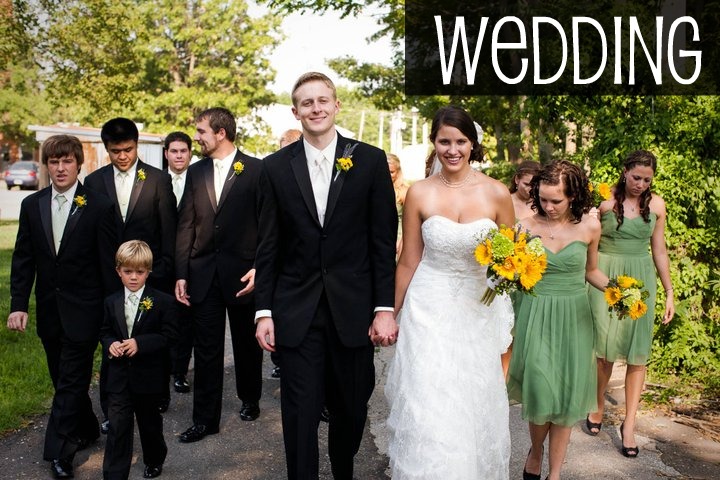Recovery from eating disorders involves more than returning to a healthy diet. It requires reflection of other emotional, mental or physical issues.
Finding a comfortable dialogue with friends and family is one of the most important parts of healing. This is undeniably easier said than done.
In my journey to recovery, finding the courage to open up to my parents was one of the most difficult parts.
For a long time, I pursed perfection like it was my job; admitting that I was vulnerable was scary.
I was afraid to disappoint and I was embarrassed to acknowledge weakness.
Fortunately, my nutritionist helped me realize that I needed to reconcile with my fears. This required opening up to my family.
My nutritionist advised me to explain the situation to my parents, tell them about what I was doing to get back on track and then keep the conversation going.
I knew my parents would be concerned for my health and would have a lot of questions, especially since I was living a few hours away.
With the help of my nutritionist, I became knowledgeable about common characteristics of my disorder, so that I could respond to my parents questions. She also walked me through a sample dialogue with my parents.
This helped me feel more comfortable about filling my parents in, asking for their support and reassuring them that it was committed to recovery.
Even still, the initial call to my parents was difficult. They had been aware of my weight loss, but they didn’t know the extent to which I was restricting. As expected, they were concerned and had a lot of questions.
I explained the situation to them as best as I could. I also gave my nutritionist permission to talk with them.
Seeking the support of my family wasn’t an instant cure to my eating disorder. In some ways, it opened up problems of its own. For example, I had fears that I would be constantly monitored.
However, in retrospect, I believe that getting the support of my family was the major turning point in my recovery.

My family's willingness to listen, reserve judgment and be patient was an important part of my recovery.
After talking with my parents, I gradually gained confidence to open up to a few close friends.
My friends supported my recovery in a different, but equally important, way. With them, not every thing revolved around my eating disorder. We still enjoyed the same activities and interests. It helped me to take to focus away from myself and away from my struggles.
The most difficult person to open up to, even more so than my parents, was my boyfriend. We had only known each other since I had lost weight, so he hadn’t seen my progression. I was scared that he would feel like it was his responsibility to “fix” me. I was also worried that he would be overwhelmed.
I made the decision not to talk to my boyfriend until I felt like things were under control. When I finally opened up to him, I explained my history and told him about the help I had received. Naturally, he had a few questions. But, I was impressed by how supportive he was.
Now, I wouldn’t deny my history with an eating disorder if it came up in conversation. At the same time, I believe it is a personal issue, and that I shouldn’t bombard just any person on the street. I am content with the support I have.
I owe a great deal of credit to my nutritionist, family and friends for helping me with my recovery. Talking openly about my struggles, both with eating and with emotions, wasn’t easy—but it was necessary. I am now in a better place because of it.
For more information, refer to Families Empowered and Supporting Treatment of Eating Disorders (FEAST).
This is the final installment of a three part series. Look back to parts one and two.
Note: I am not a professional and cannot offer any medical advice. My words are only influenced by my own experiences with overcoming an eating disorder.











